Pros and cons of the Tigers trade
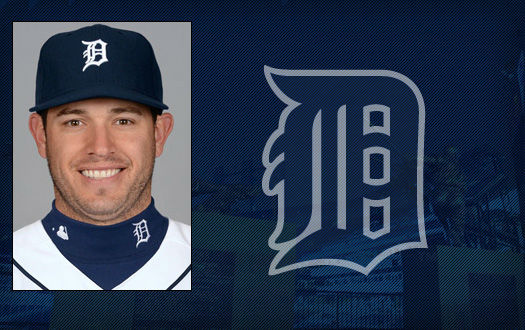
Photo provided by http://mlb.mlb.com
The Detroit Tigers are like a TV drama. They had a sad ending to their postseason run in their season finale, have been away for a few months and are getting ready to introduce new characters while saying farewell to familiar faces in the offseason. Needless to say, it’s going to be an interesting season premiere. Let’s just hope Tigers fans watch a lot of TV because that may be the only way they can bear all of the changes that have been made.
With all of these changes, it’s easy for fans to get confused on what’s going on. Let’s break it down with this handy list of the pros and cons of each major trade and addition to the team.
Brad Ausmus becomes new manager
Pros: It’s hard to look at the brooding, 44-year-old new manager and not get a little excited. The Tigers are moving on from the grizzly veteran who has had success, Jim Leyland, to fledgling Brad Ausmus. Ausmus’ last job was special assistant to baseball operations for the San Diego Padres, a real-life George Constanza. This means that, along with his experiences as a catcher, he’s also had front office experience, which is beneficial.
This is similar to what the St. Louis Cardinals have done. Their success is evident by the fact that they were in the World Series last year. One can only hope this risky move will reap benefits for the Tigers as it did for the Cardinals. It’ll give the team a fresh face and new outlook on the game. Because Ausmus is a youngin, he might be able to understand the modern-day player better than a manager that’s old enough to be some fan’s grandpa.
And some of the most successful managers in baseball have been catchers. Jim Leyland, Mike Matheny, Joe Girardi and Bruce Bochy have managed their teams into League Championship series, just to name a few catchers-turned-managers. And hey, it might be nice to finally understand what our manager is saying in post-game interviews. Sorry Leyland.
Cons: It’s a risky move considering the fact that he’s had no managerial experience. And because of the large age and experience gap between Leyland and Ausmus, it could be a difficult adjustment for the players and fans.
Tigers trade Prince Fielder for Ian Kinsler
Pros: This surprising trade means less money spent on a hardly producing player, as it got rid of most of Fielder’s big contract. A lot of people hated to admit it, but Fielder looked like he was tracking downward. He seemed to need a change of scenery, and hopefully heading down South to join the Rangers will be enough. And as for Kinsler, he’s all-star second baseman equipped with years of baseball knowledge. He’s a solid hitter with a high on-base percentage. He’s also a good defensive man, and it is clear Omar Infante, the Tigers’ previous second baseman, lacked talent that Kinsler possesses. He’s a true leadoff hitter, compared to Austin Jackson, who was thrown into the spot and forced to play the part. And Kinsler isn’t afraid to steal bases, something the Tigers aren’t used to.
Cons: It’s gonna be rough saying goodbye to Fielder’s soaring homers. He was prince of the longball, after all. Fielder was Cabrera’s amigo, and along with losing their chemistry, with this trade we’ll also lose the security of Fielder following Cabrera in the batting order. And who won’t miss those adorable post-game handshakes?
Kinsler is overpaid, signing on to a big contract, but at least it’s not as big as Fielder’s was. Kinsler is a bit older than Infante, which could mean less production.
Detroit Tigers traded right-handed pitcher (RHP) Doug Fister to Washington Nationals for left-handed pitcher (LHP) Ian Krol, 2B Steve Lombardozziand LHP Robbie Ray.
Pros: This was an oddball trade. And let’s face it, there really isn’t any pro in getting rid of Doug Fister. Fister was a talented pitcher, and his absence in the rotation will be missed. In exchange for Fister, the Tigers received Ian Krol, a leftie long reliever, and infielder Steve Lombardozziand. Ian will replace Smyly in the bullpen; Smyly will now be a starting pitcher. Lombardozziand’s old Nationals teammates say Tigers fans will love Steve. He’s a gritty, tough player that blue collar Detroiters will love. He’s a good hitter and can fill many holes when needed.
But the key to this strange trade was top prospect Robbie Ray, a hard-throwing left-handed pitcher. He will be a starting pitcher eventually if he pans out, but for now he will play in the Minors.
Cons: This trade deliberately tossed a solid starter. This was a risky move because Ray may not pan out. Let’s all pray to the baseball gods that the plans with Ray won’t fail.
Tigers sign free agent Joe Nathan
Pros: This was a great pickup because the Tigers lacked a true closer last year. Benoit, last year’s closer, was much better on fan’s blood pressure levels compared to Valverde, but he wasn’t meant for the job. However, Nathan was one of the top relievers in the American League. He had 73 strikeouts last year and 22 base-on balls, a shiny beacon of light in the Tigers bullpen. Nathan always seemed to beat the Tigers, so it’s good to have him on our team and beat other teams rather than our own for once.
Cons: He’s older (38 years-old to be exact), which could make fans a little leary on how long Nathan will last.
Tigers sign Rajai Davis
Pros: This is another lowkey pickup, but the front office feels he will be a great addition to their new speed and defense. Davis is a fast, base-stealing outfielder that will add the speed Ausmus is yearning for. Last year he had 45 stolen bases, and, if a similar hefty number can be produced playing for the Tigers, this year looks like we could be headed to the Promised Land (as far as stealing bases goes). His high energy and swift moves will get the team and fans fired up.
Cons: He’s not an everyday starter, so he will platoon with Andy Dirks.
Tigers sign Joba Chamberlain
Pros: Chamberlain is a hard-throwing righty who the Tigers will use in a reliever role, but he can also fill in as a starter.
Cons: The tigers will use him as a set-up man for Joe Nathan, a role he has never assumed. This pick up doesn’t produce a big splash, but maybe it will make its splash later in the year. Well, at least we hope so.
Many tiger fans expected Dombrowski to make some big moves after freeing up money in the Fielder trade. After the many lowkey pickups, Dombrowski may prove to be the smart man everyone says he is by building more of a well-rounded team. In this year’s offseason, he’s getting pieces to build a team instead of trying to rack up big name free agents.
The Tigers are becoming a team of role players, like the Red Sox, Cardinals and Giants—all recent World Series champions. The plethora of trades may unsettle some fans, and getting used to the new faces may be a challenge, but maybe the struggle will prove to be worth it in the end.


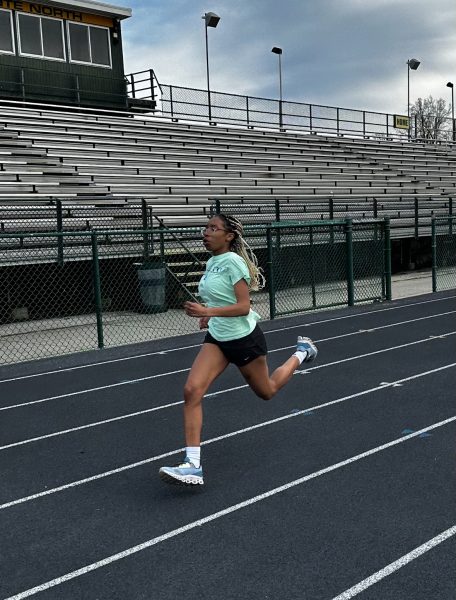

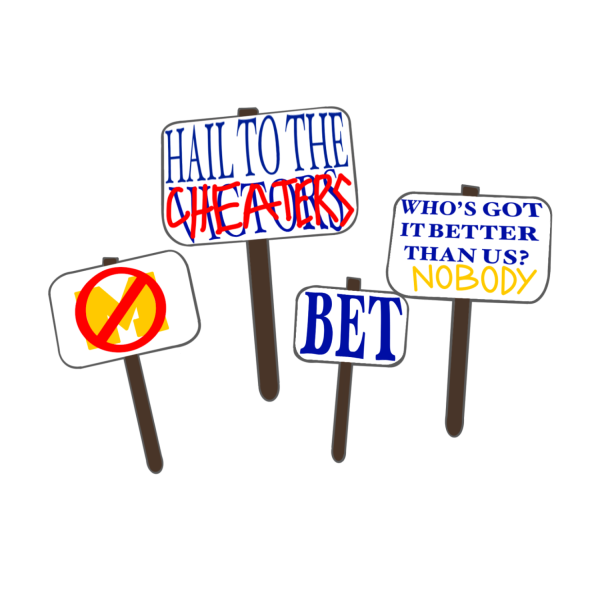

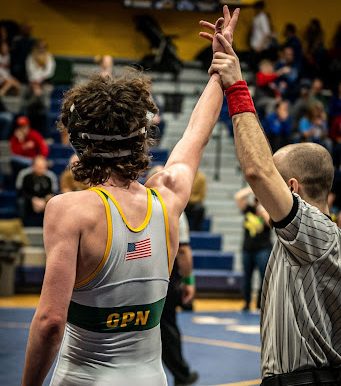
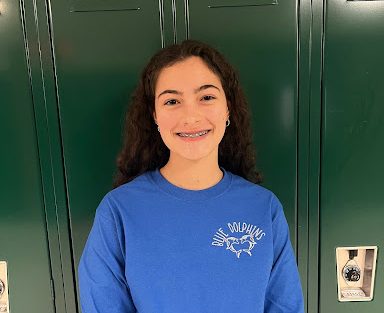


![STICKING UP FOR PRIDE TAPE |
The NHL has changed its position more than once on the use of Pride Tape by its players. Some hockey players, like North’s own John Cueter, want to see more opportunities to express support for social issues on the ice. “I do feel like players should have the autonomy to express themselves [on the ice],” Cueter said.](https://northpointenow.org/wp-content/uploads/2023/12/unnamed-29.jpg)
